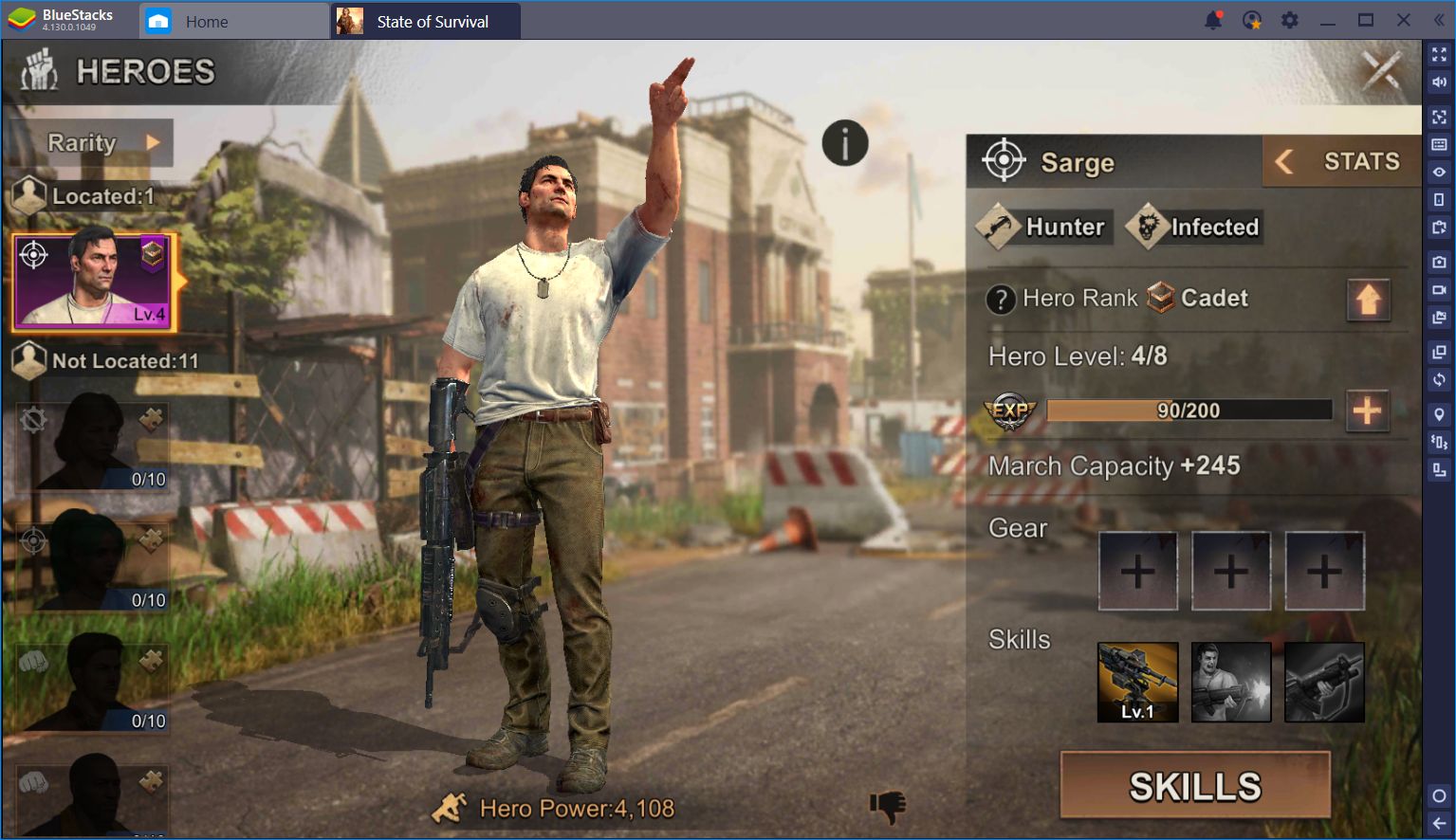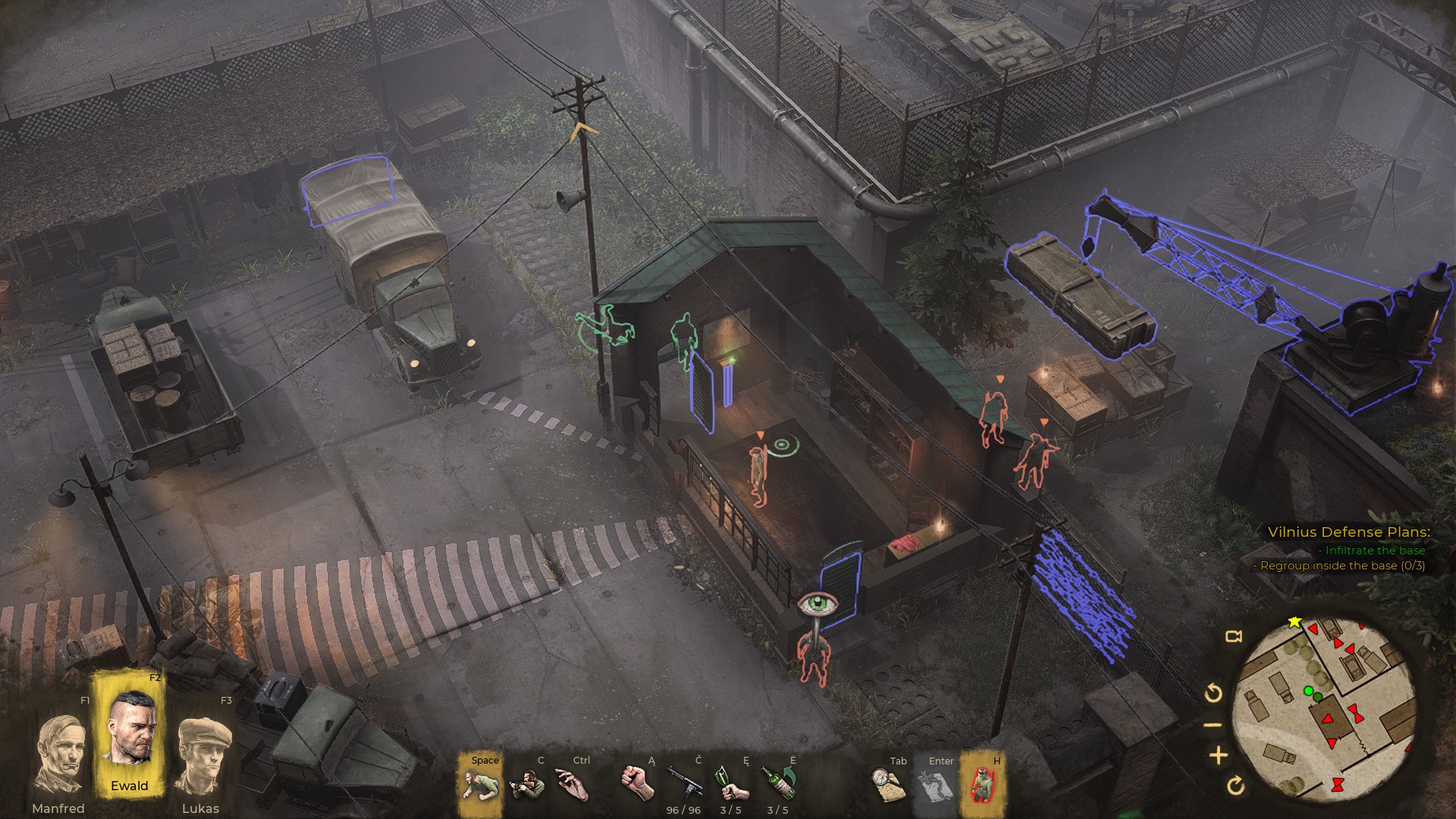


Key words signal an in-the-know audience. Trump culture, on display at his Tulsa rally, is like an elaborate and dangerous alternate-reality game. The main antagonist is Russian spy Perseus, a mysterious figure whose name is an allusion to another mystery: Whether or not there was a real Russian spy who went by that name is dependent on who’s doing the telling.Ĭolumn: Game theory not chaos rules the Trump White House. An early mission in the game is labeled “Fracture Jaw,” itself a nod to a reported plan to bring nuclear weaponry into Vietnam - overruled in real life by President Johnson in 1968. So giddy-up, “Black Ops Cold War” goes, leading us into conspiracy-fueled territory that takes inspiration from real life, then spins internet-message-group-worthy tall tales out of it. The American men, mostly wearing leather jackets, look like they belong in a retelling of “Boogie Nights” my female protagonist was warned to give one of these stereotypes, our gruff leader Russell Adler, “wide berth.” No one really likes anyone, and a brief protest that America shouldn’t break the rules of war is shot down by Reagan acting like John Wayne. The Russians - usually presented as chain-smoking figures of bad health - make the same warning, but the only way of life we’re shown on either side is one of oppression, murder, mistrust and broad generalizations. One could make a quarantine drinking game out of “Black Ops Cold War”: Take a sip every time an American warns that the Russians are going to destroy our way of life. This is a game, ultimately, about nostalgia, of looking back toward a time when it was falsely believed that everyone felt a patriotic love for their country. Still, it felt restrained, handcuffed by the whole need to not stray too far from the good-versus-evil “Call of Duty"-ness of it all.Įssentially, the single-player narrative of “Black Ops Cold War” didn’t seem entirely confident in itself. That scene alone shows that there are ambitions here, as it’s a given that “Call of Duty” games will feature moments that argue “the enemy is us,” but here was a moment that seemed to question not just beliefs but the written history that comes after a war. We talk with PlayStation 5 architect Mark Cerny about how a game console can forge emotional bonds with players and all about that controller rumble. Can’t wait for the PlayStation 5? You can thank this ‘Space Invaders’ guru


 0 kommentar(er)
0 kommentar(er)
